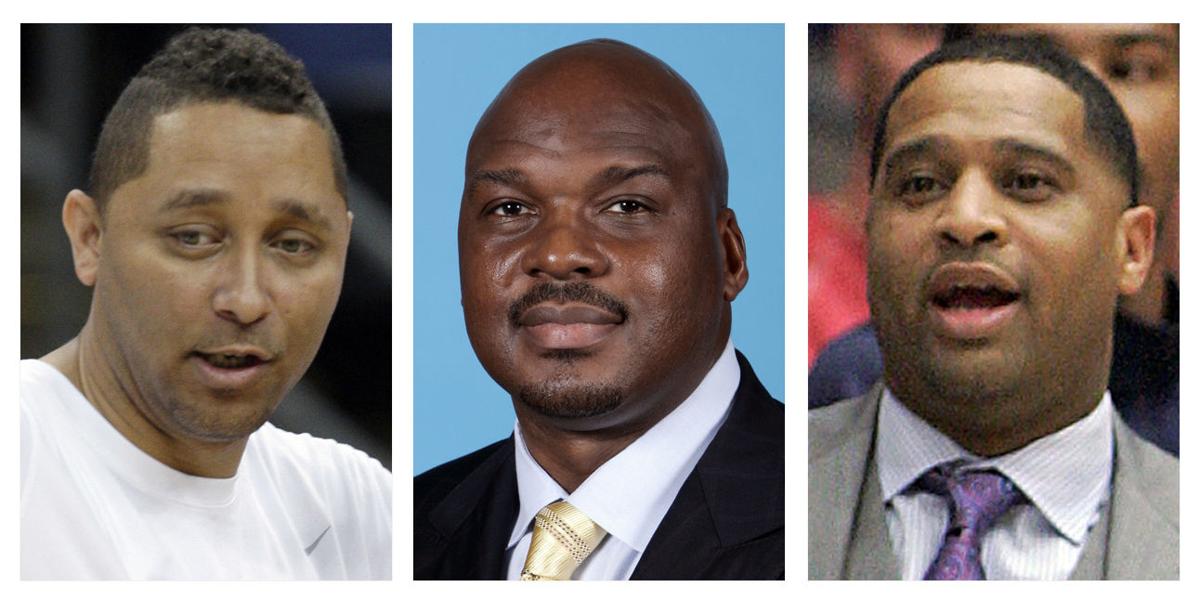While USC escaped an NCAA postseason ban Friday for an infraction stemming from the federal investigation into college basketball, it's difficult to compare its case to Arizona's.
Both USC and Arizona had assistant coaches arrested when the federal investigation became public in September 2017, but the similarities end there.
USC's Tony Bland admitted to taking $4,100 in bribes, the core of the case.
Arizona's Book Richardson admitted to taking $20,000 but that translated to only one of five Level I NCAA charges.
Arizona was also given a Level I charge for academic misconduct by both Richardson and former assistant Mark Phelps, while Phelps was given another Level I charge for trying to cover up a loan and former UA head coach Sean Miller was handed a Level I for a failure to promote compliance.
Finally, UA was given a fifth Level I charge as an institution because of the Level I charges against men's basketball and two Level I charges against its swimming and diving program. UA president Robert Robbins and athletic director Dave Heeke were also cited as aggravating factors for compromising the integrity of the investigation.
UA's case is now being handled by the Independent Accountability Resolution Process, with the school having requested it be taken off the NCAA's standard resolution track.
The real key is in how the cases are being classified. USC's case was considered "Level I mitigated," which result in either no postseason ban or a one-year postseason ban. (Bland himself was processed as "Level I standard," so he received a three-year show-cause penalty that will effectively keep him from coaching in college during that period.)
Arizona's decision to self-impose a one-year ban indicates the school believes its case will at least be classified as Level I standard, since a Level I standard case results in a 1-2 year postseason ban under the NCAA's penalty matrix.
A Level I aggravated case carries a 2-5 year postseason penalty, and the NCAA's Notice of Allegations involving Arizona listed not only the five Level I charges but also far more aggravating that mitigating factors.
The NCAA's full explanation of the USC ruling can be found here.





